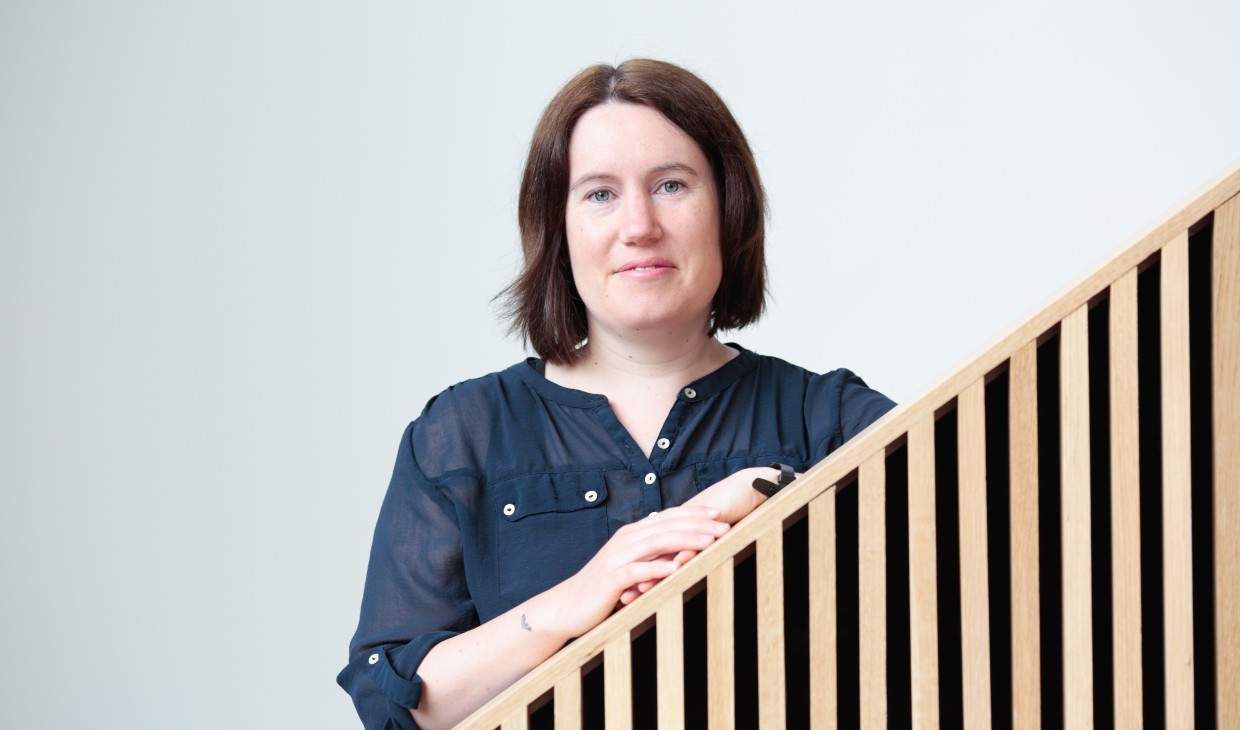Experts are exploring a rise in the number of short, unplanned admissions of children to hospital – and are appealing for parents to share their experiences as part of the study.
A team from the University of Stirling is keen to speak to parents whose children have, in the past five years, been admitted to hospital as an emergency, but then discharged within 24 hours.
The study is focusing on children who have been hospitalised after falling ill – for example with a fever, respiratory problems, or a seizure – rather than from suffering an accident, such as broken bones. The team is particularly interested in families where they have needed to attend hospital more than once within a short period.
The research is part of the wider, multidisciplinary ‘Flow of Admissions in Children and Young People’ (Flamingo) study – funded by the Scottish Government’s Chief Scientist Office – led by the University of Aberdeen and NHS Grampian, and involving Edinburgh Napier University.

Dr Emma King, of the University of Stirling, is looking to speak to parents of children who have had a short, unplanned admission to hospital.
Dr Emma King, of the Nursing, Midwifery and Allied Health Professions Research Unit at the University of Stirling, is part of the team working on the Stirling strand of the project, which is focused on qualitative data collection, including interviews with parents and healthcare workers.
Dr King said: “In recent years, and prior to the pandemic, there has been a noticeable rise in the number of children experiencing short stay emergency admissions in hospitals across Scotland – that’s where they are admitted and discharged from hospital within 24 hours. It is not clear exactly why this is the case – and this study is aiming to understand the factors behind this trend.
“We want to speak to parents, grandparents or carers about their experiences of taking a child – aged from birth to 16 years – into hospital for unplanned treatment where they have been admitted and discharged within 24 hours. We will ask about the period leading up to admission and the experience at the hospital itself and, if the visit occurred during the COVID-19 pandemic, we are keen to understand how that has impacted on children and young people's services too.
“Our findings will help us to understand the pre-hospital pathways leading to admission – and our interviews with families and care providers will help provide a deeper understanding of the current situation, and potential ways forward to reduce the numbers of emergency admissions.”
The Flamingo study is led by Professor Steve Turner, a child healthcare expert at the University of Aberdeen and a consultant paediatrician with NHS Grampian.
Shape future services
Professor Turner said: “The Flamingo project is an excellent opportunity for families to have their say on how services for sick children should look in future.
“Now is a really good time to seek the views of parents and carers, with the COVID-19 pandemic causing increased anxieties for everyone, and healthcare services having to rapidly adapt the way their paediatric services are delivered.
“Our study is keen to explore what effect the pandemic is having on parents’ experience of services for sick children and we are asking families and healthcare workers, when this pandemic has passed: what would you like services for sick children to look like?”
While the team is keen to hear from parents or carers from across Scotland, they are particularly interested to interview those from the NHS Ayrshire and Arran, Fife, Greater Glasgow and Clyde, Highland and Lothian health board areas, which have been studied in greatest detail by the team.
Interviews – lasting between 20 and 45 minutes – will take place over the telephone and participants will receive a £20 voucher as an acknowledgement of their time. To participate, or for more information, please contact Dr King by emailing: emma.king@stir.ac.uk

